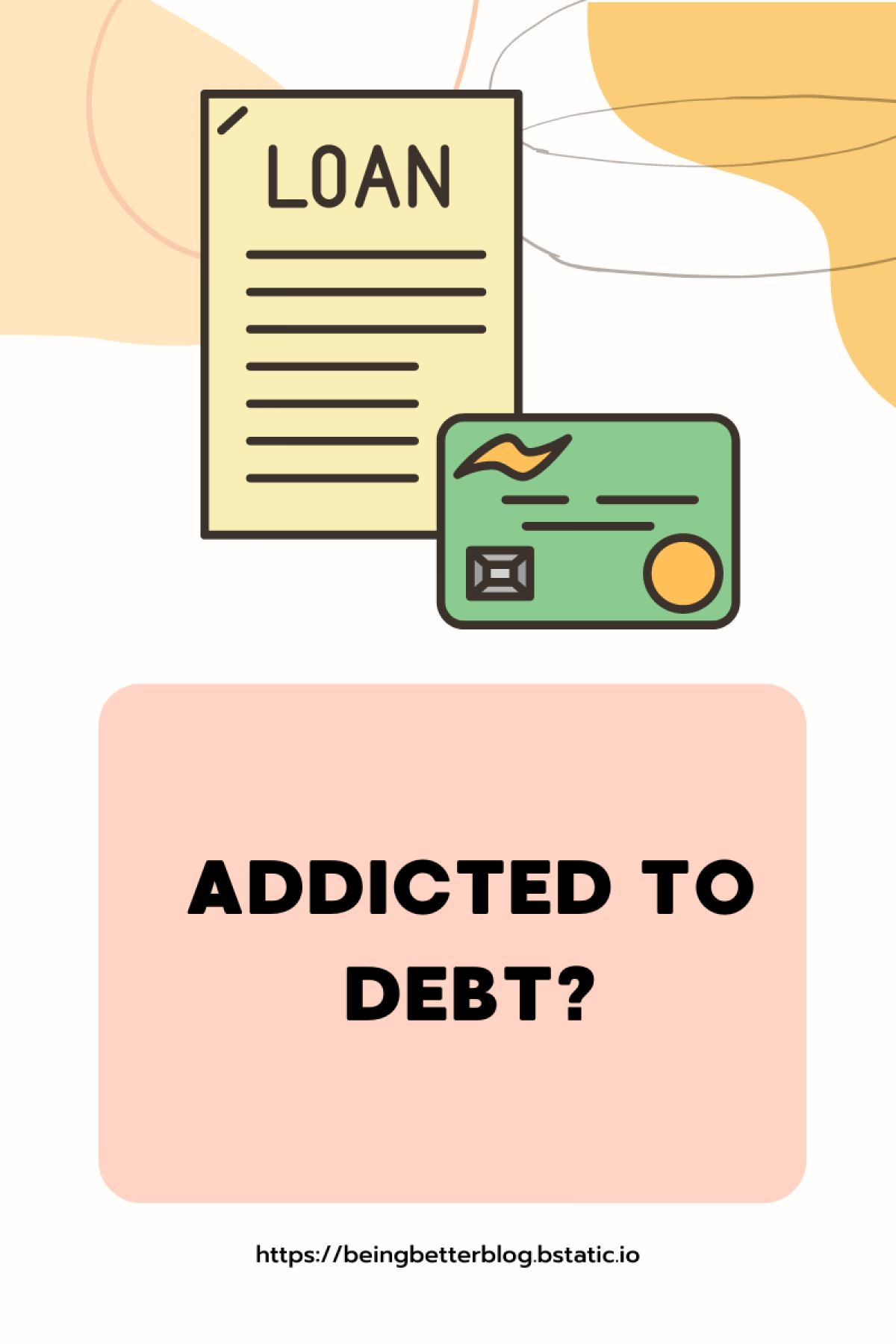Does debt have anything to do with addiction?
A component of staying motivated to pay off my debt has been taking the time to mentally untangle the web of how I ended up in my current situation. As part of this endeavor, I noticed that how I write about my debt and its linkages to family behavior and childhood trauma sounds a lot like how a person struggling with addiction speaks.
Most people understand that drug and alcohol use and abuse tend to cluster in families, and there’s a multitude of research proving the genetic components of such conditions.
In my previous writings, I cited sources demonstrating that an individual’s family background is strongly correlated with their perceived level of control, impulsivity, and habits regarding money. A central theme of this blog is how money management and habits are passed down through subsequent generations.
In that way, addiction and money management behaviors seem correlated to me. So much so that it begs the question-can a person be addicted to debt?
Is debt really addictive?
To address that question, you must define your terms. Namely, similar to the distinction between a person who has a glass of wine with dinner versus an alcoholic; what differentiates a person addicted to debt from a person currently carrying debt?
A person carrying debt has debt because of their circumstances. They will be able to pay off the debt and resume measured spending once these circumstances are resolved. Consider a person who has lost their job and has no way to pay their bills. They will utilize debt to pay for necessities until they can get back on their feet but will spend only to the extent necessary to survive. They understand that it’s not an ideal situation, but they are in control and will have no issues paying off the debt and avoiding new debt once their financial situation improves.
A person addicted to debt has debt because they are spending to manage emotions. Consider the example of a person that loses their job and goes on a spending spree to cope with their feelings regarding the situation. They spend money to cope in the moment. They are unconcerned about the future implications, or the impulse to spend is too strong to resist.
So at the core of it, the difference between the two lies in the associated emotions, level of impulsivity, and level of control associated with the spending.
I suppose when you put it that way, I am a debt addict. Spending money has become a tool for dealing with emotions in such a way that I cannot resist the impulse.
I turned to spending to cope with every emotion in my life. Bored at work? Time to go out for lunch or do some shopping. Bad day at work? Sounds like a good excuse to go out to eat and spend too much money on food and alcohol. Bored at home? Go buy lunch or browse Amazon. Get good news? Treat yo’self!!! All the while- I knew in the back of my head I could not afford these indulgences and that they would in fact make my life more difficult in the future- but I could not resist the temptation.
Combine using spending as an emotional crutch and aspirational spending (a topic for a future post), and it becomes exceedingly clear why I ended up in my current situation.


